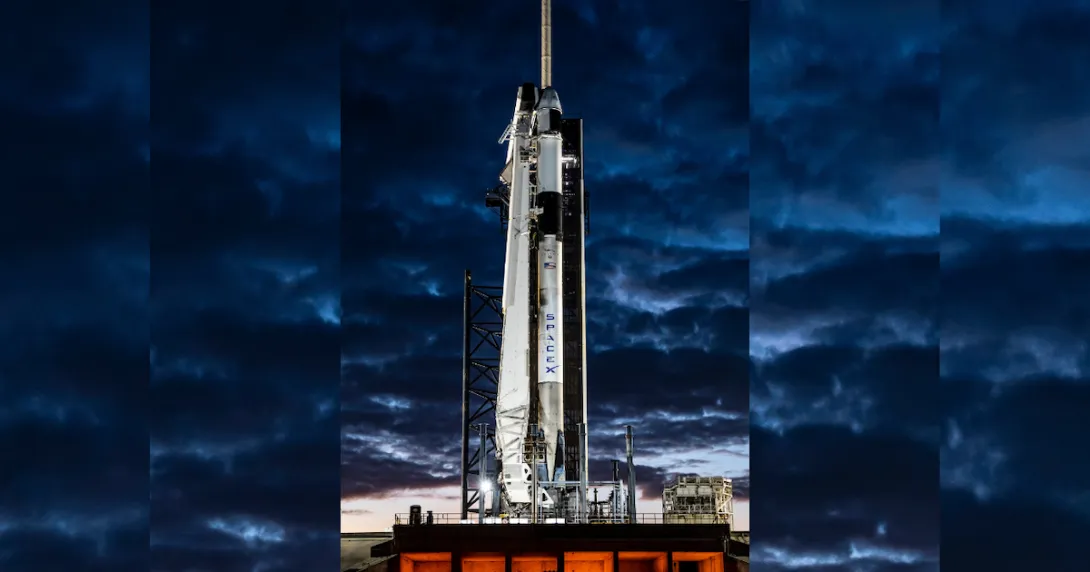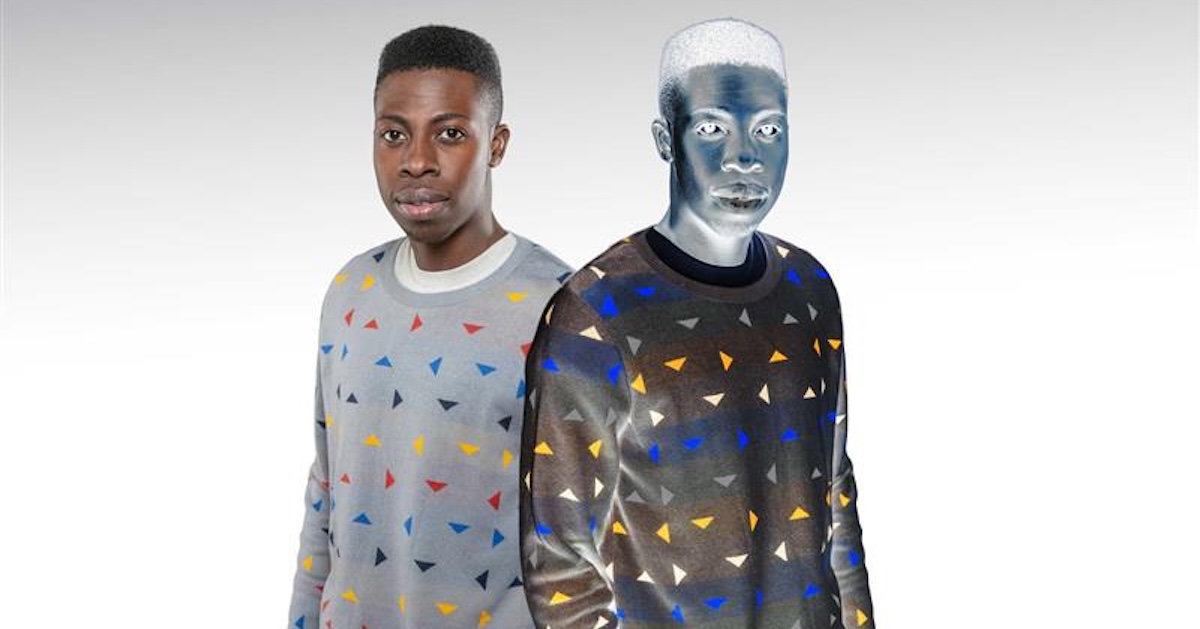
NASA-funded SpaceX's 33rd commercial resupply services (CRS) mission, scheduled to launch on Aug. 24 from Cape Canaveral Space Force Station in Florida, will include biomedical and physical science research sponsored by the International Space Station (ISS) National Laboratory.
NASA said the investigations include the Wake Forest Institute for Regenerative Medicine, which will study engineered liver tissue containing blood vessels in microgravity.
Emanating from NASA's Vascular Tissue Challenge, the space agency says the project has the potential to advance tissue engineering in space to support future organ replacement for patients on Earth.
Additionally, Los Angeles-based Cedars-Sinai Medical Center will assess whether induced pluripotent stem cells divide faster in space, which could speed up regenerative medicine advancements.
The project expands on multiple investigations from the research team and may further in-space manufacturing capabilities to produce stem cell-based therapies for heart disease and neurodegenerative conditions.
In a student-led project from the annual Genes in Space competition, students in grades 7-12 will suggest genetics-related investigations to be conducted on the space station.
The project aims to utilize bacteriophages as therapeutic agents to battle potential microbial infections in space.
Additionally, the Higher Orbits Go For Launch program is charged with sending multiple experiments from students in Florida, Michigan, Pennsylvania, Texas and Virginia.
ISS National Lab Commercial Service Provider Axiom Space will be partnering with Red Hat, a provider of open-source offerings, to verify edge computing technologies via the Red Hat Device Edge platform.
THE LARGER TREND
In March, researchers from Emory University studying how heart muscle cells grow and function in a space environment discovered that spaceflight increases the expression of genes involved in stress response and cell survival, according to a study published in the journal Biomaterials
The investigation was launched aboard the ISS during NASA's SpaceX Crew-8 mission.
The researchers reported that cell therapy is often thought to be a more promising treatment for heart failure. Still, a lot of the cells injected into the injured area do not survive, making that strategy less effective than it could be.
On a separate mission in January, research conducted on the ISS was aimed at early cancer detection, advanced treatments for neurodegenerative conditions and improved respiratory therapies.
At the time, SpaceX's 31st CRS was on a mission for NASA, and the SpaceX's Dragon spacecraft contained close to 50 biotechnology, physical science and student research payloads sponsored by the ISS National Laboratory.
The researchers took advantage of the unique environment of the space station to investigate potential therapies that could benefit patients on Earth.
In 2024, the ISS National Lab and NASA announced a new solicitation, the National Lab Research Announcement, which offered up to $4 million spread out over two to three awards for projects that utilize the space environment and technology to develop therapies for diseases on Earth.
The joint solicitation focused on projects that provide enhanced models to study the onset and progression of diseases and address population and disease heterogeneity, drug screening and development, drug delivery, nanotechnology, and drug resistance and toxicity.


